Implementation of Offline Digital Library (PusGita) at Ayam District and Komor District, Asmat, South Papua
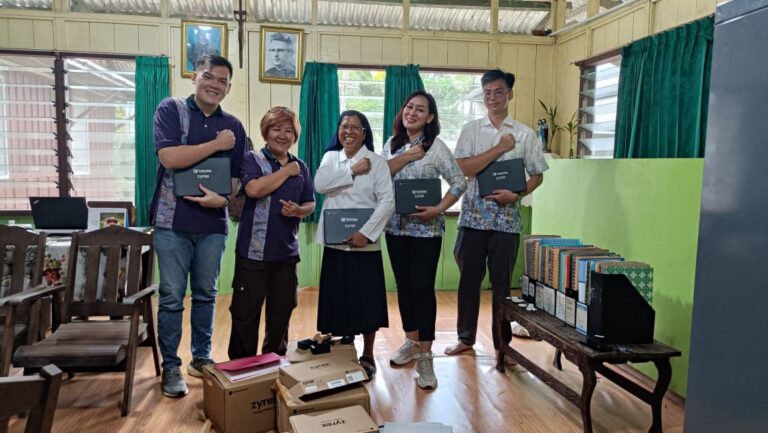
Access to quality education should not be limited by geography or infrastructure. In a transformative step toward educational equity, the Offline Digital Library, known as PusGita, has been successfully implemented in Ayam District and Komor District, Asmat, South Papua. This initiative empowers communities in remote areas—where internet access is scarce—with digital learning resources that work entirely offline.
Learning Without Limits
PusGita provides a curated collection of digital educational materials that can be accessed without the need for internet connectivity. Designed with local students, teachers, and community members in mind, the platform enables meaningful learning experiences in places where online tools are often out of reach.
This practical and cost-effective solution is built on the foundation of previous research and field testing, ensuring that the system is not only functional but also aligned with the community’s specific educational needs.
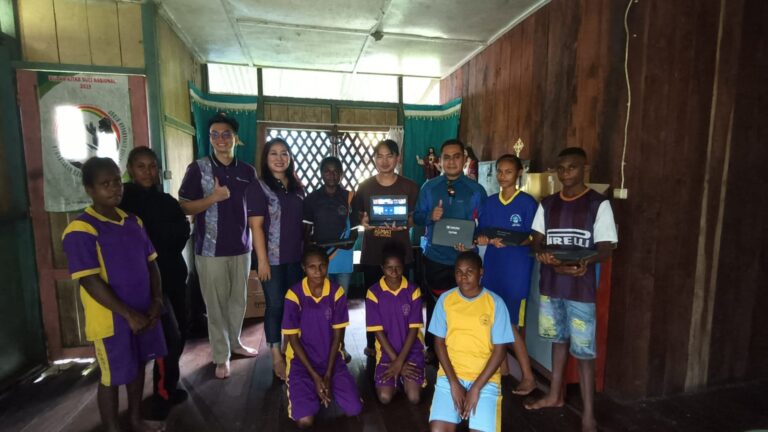
Advancing Global Goals
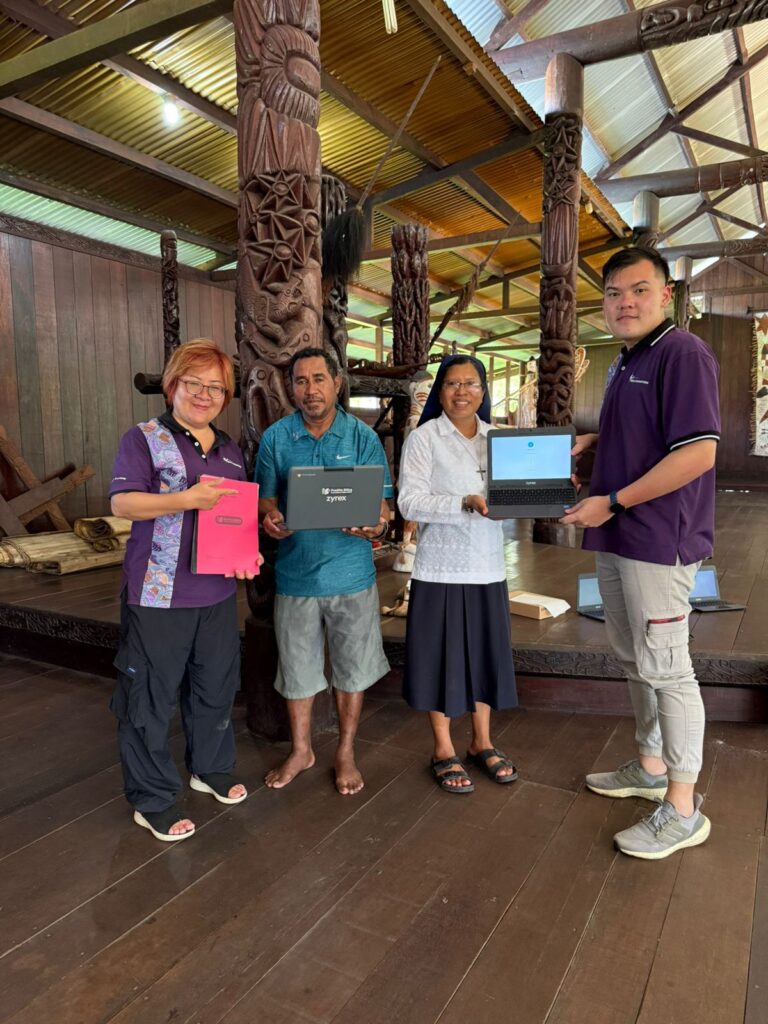
The PusGita initiative directly supports the United Nations Sustainable Development Goals (SDGs):
-
Goal 4: Quality Education – By delivering accessible educational content, PusGita enhances learning opportunities for students in remote areas.
-
Goal 9: Industry, Innovation, and Infrastructure – The offline digital library represents an innovative approach to bridging the digital divide.
-
Goal 10: Reduced Inequalities – PusGita addresses systemic gaps by extending educational support to underserved populations.
Sustainable Impact Through Research
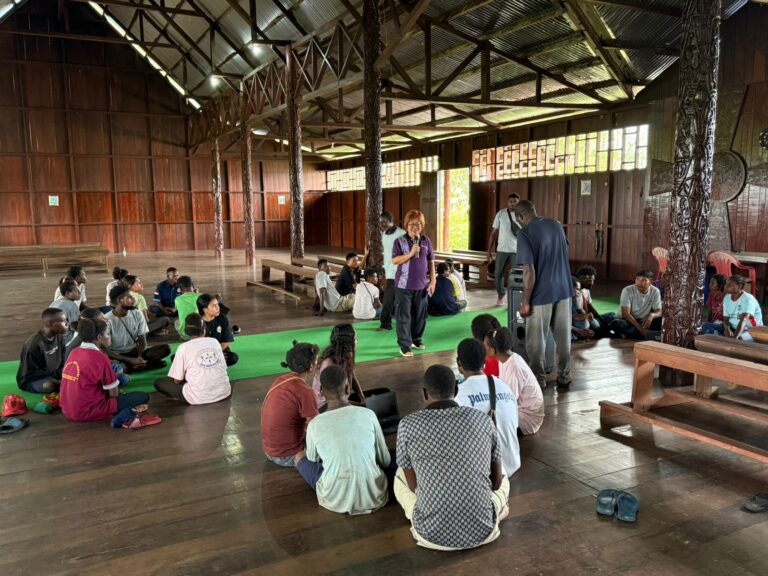
What sets PusGita apart is its research-driven approach. From the outset, the system has been developed and refined based on real-world observations and community feedback. This ensures that the library remains relevant and adaptable as educational needs evolve.
Ongoing monitoring and evaluation play a crucial role in keeping the system effective, allowing for continuous improvements and localized customization.
A Model for the Future
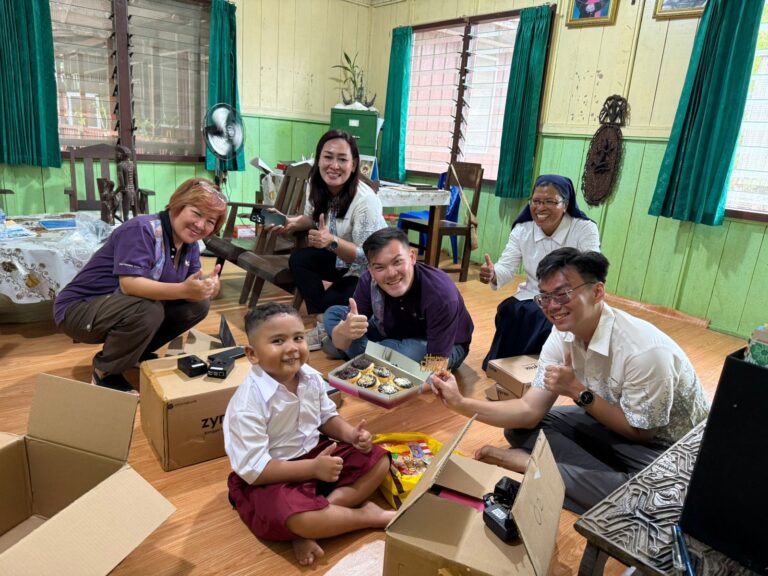
As connectivity challenges persist across many rural and remote regions in Indonesia and beyond, PusGita stands as a scalable model for digital inclusion. It demonstrates how thoughtful innovation—backed by research and community collaboration—can pave the way toward inclusive and equitable education for all.



Comments :